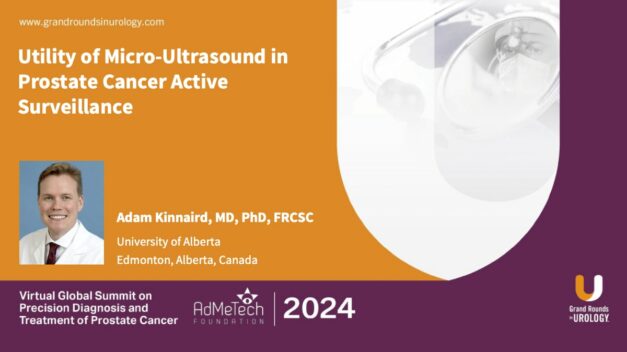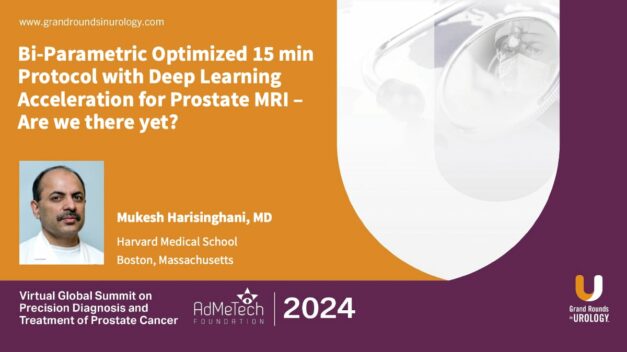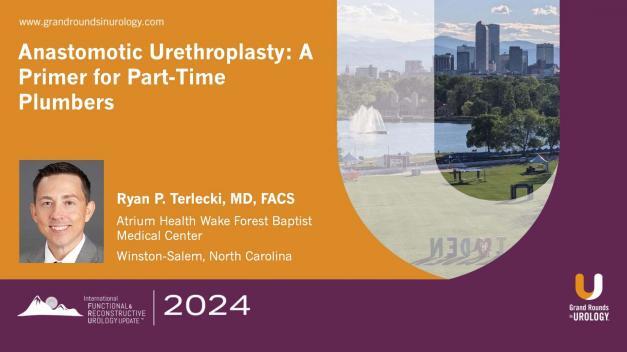Optimizing Physical Wellbeing for Providers
Paul D. Maroni, MD, shares personal insights on maintaining health and well-being while balancing the demands of a medical career. This 20-minute discussion centers on ten key strategies to avoid burnout and improve overall wellness.
Maroni begins by categorizing health pillars into five main areas: sleep, nutrition, fitness, emotional and stress management, and the role of medications and supplements. He gives advice on maintaining a healthy work-life balance, adopting behavior changes, and seeking regular medical checkups. Dr. Maroni encourages colleagues to be proactive in their health, set small achievable goals, and approach wellness with the same dedication they apply to patient care.
Read More




